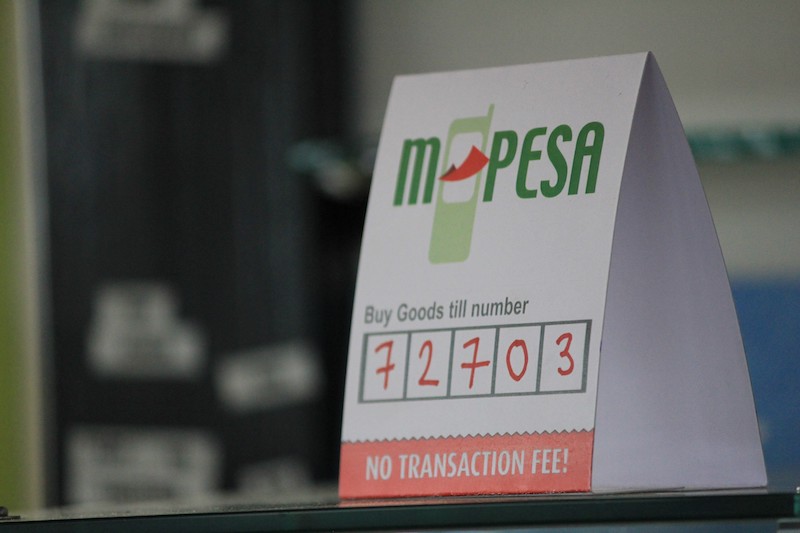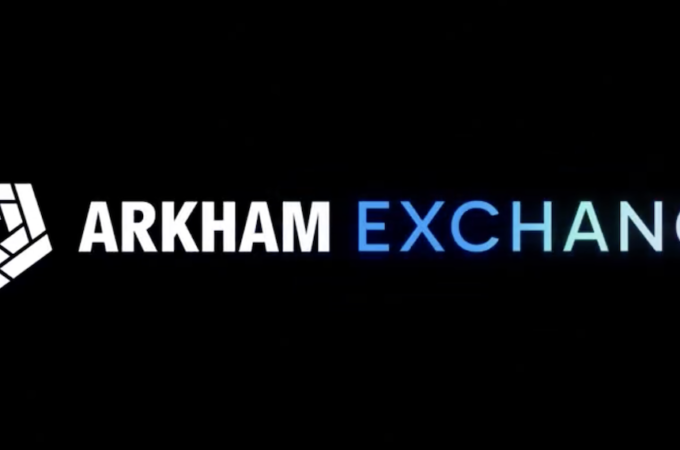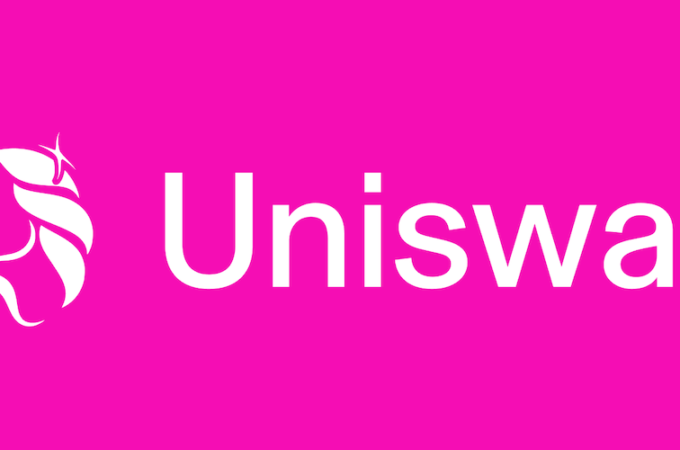
Switch to Digital Wallets in Kenya or payments’ reform
About 12 years ago, Kenya announced the launch of M-Pesa – a mobile money transfer, microfinancing service. Back then, it was truly a step forward in the world of digital payments. But as time goes by, it’s becoming more important to start analyzing consumer behavior and how it redefines digital payment solutions.
Despite the huge impact on various market segments, consumers are becoming more aware and demanding in terms of convenience and quality of service provided. They start speaking out about the limitations of mobile money and asking for something that would imply to the fast-paced rhythm of our lives.
Changing of Kenyans’ prospects
There are currently about 66% of sub-Saharan Africa citizens who choose to use no-traditional bank accounts. And mobile money became an important detail in this puzzle, especially after the Kenya government eased the former heavy regulations against mobile operators and payment gateway providers.
Notably, some major Forex trading brokers in Kenya already switched to the M-Pesa payment method. Even though the market is still quite immature, this innovative financial offering strengthens Kenya’s positioning as a leader in financial innovation in Africa even more.
According to data published by the consulting firm Frost & Sullivan, there were about 500 million African mobile users in 2016, and experts keep saying that by 2020 the number will rise to 725 million. That means that mobile money transactions in sub-Saharan Africa can potentially exceed $1,3 billion in 2019.
Even though Kenyans now realize the power of mobile money and how it can solve bigger payment problems, the adoption of this financial innovation is still pretty sparse.
Changes coming with mobile payments
Almost a decade ago, people in African regions used to pay for utilities like water, electricity, or rent offline due to little digitalization to process like that. However, with the development of mobile money, things have started to change gradually. People do not stand in long queues in different branches at the end of the month to pay for gas anymore.
Nowadays, millennials living in urban areas of Africa, just like anywhere else in the world, cannot even imagine themselves standing in the queue for financial or any other services. That is too outdated and almost surreal in our social media controlled, super connected, app consumed the world.
People don’t want to wait anymore, they are seeking ‘instant services’ that would be ideally available on their smartphones. Payment has become an inseparable part of our daily lives – it can be rather paying for Netflix subscription, or buying flight tickets, even shopping online.
And mobile wallets are those tools necessary to ensure that your payment information will be kept in a secure digital form. Therefore, digital wallets are becoming current know-how of the digital banking industry. With just one app, consumers can use all the payment methods they have available in their country of residence.
Thus, it becomes pretty straightforward that people need a modernized way of making payments. They seek something that will make their lives even easier, something that will let them spend their money in a matter of seconds.





